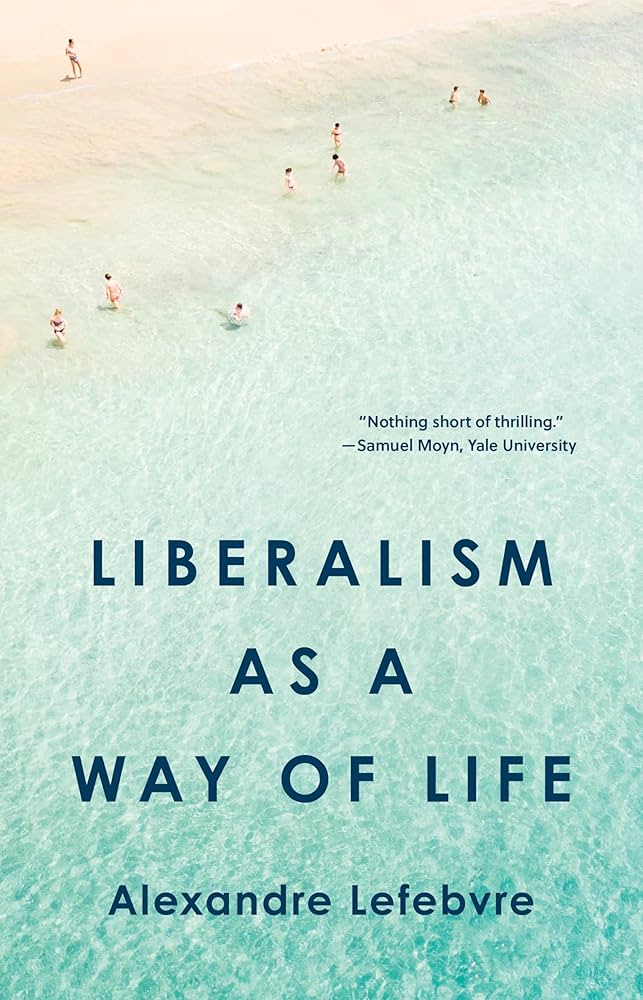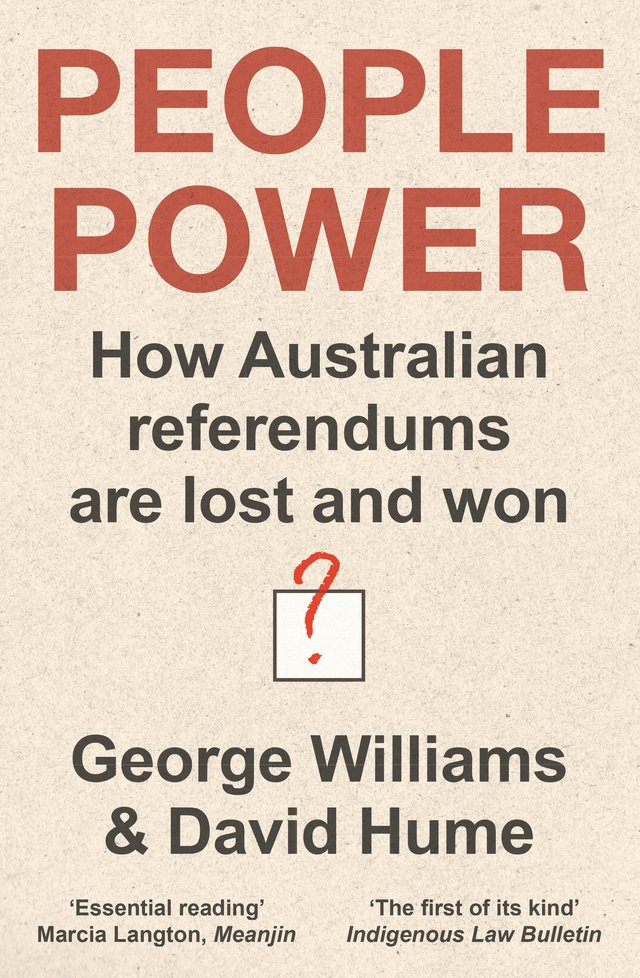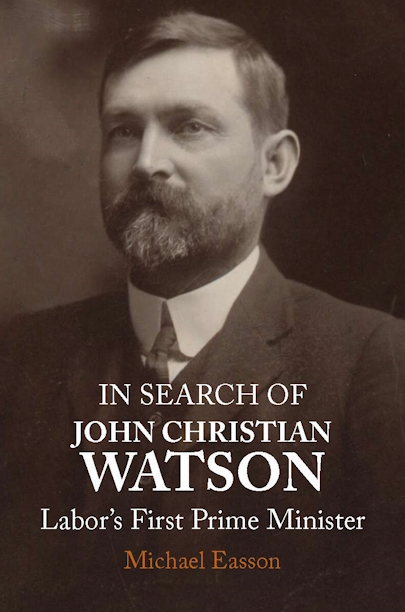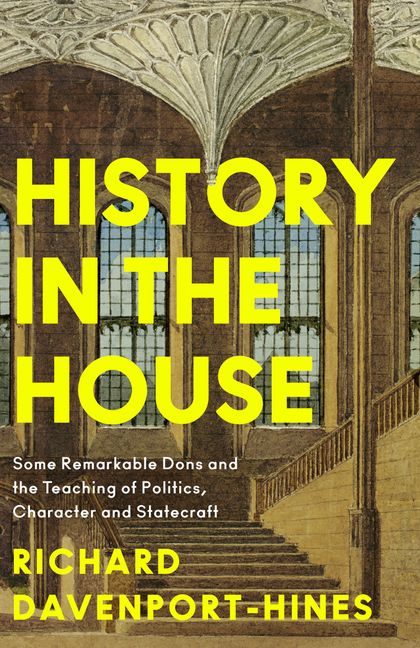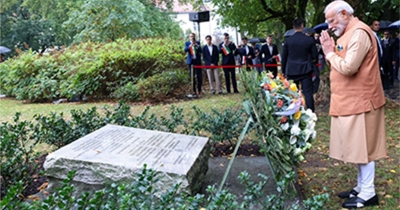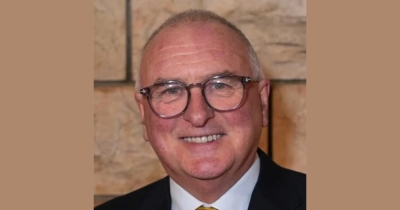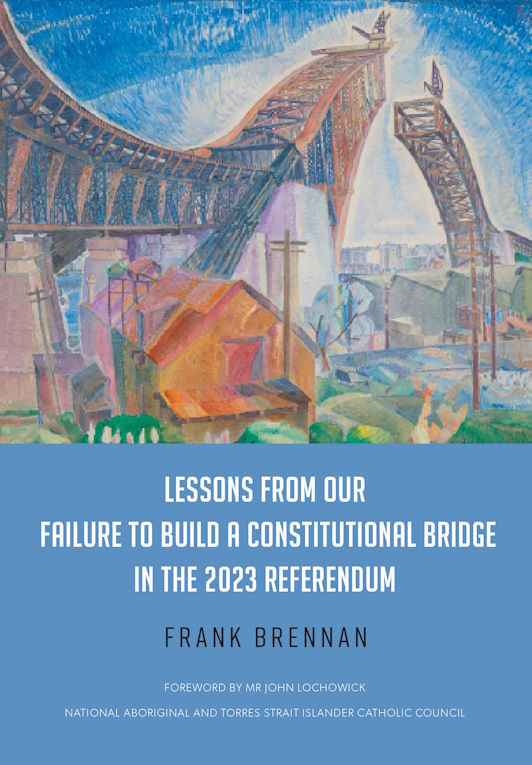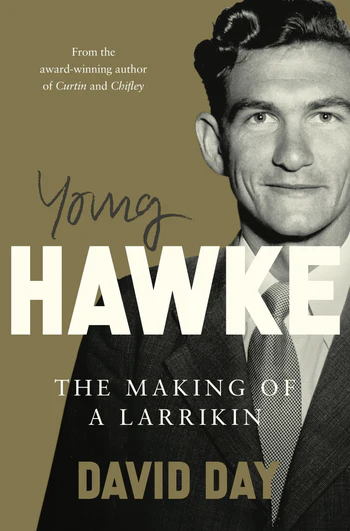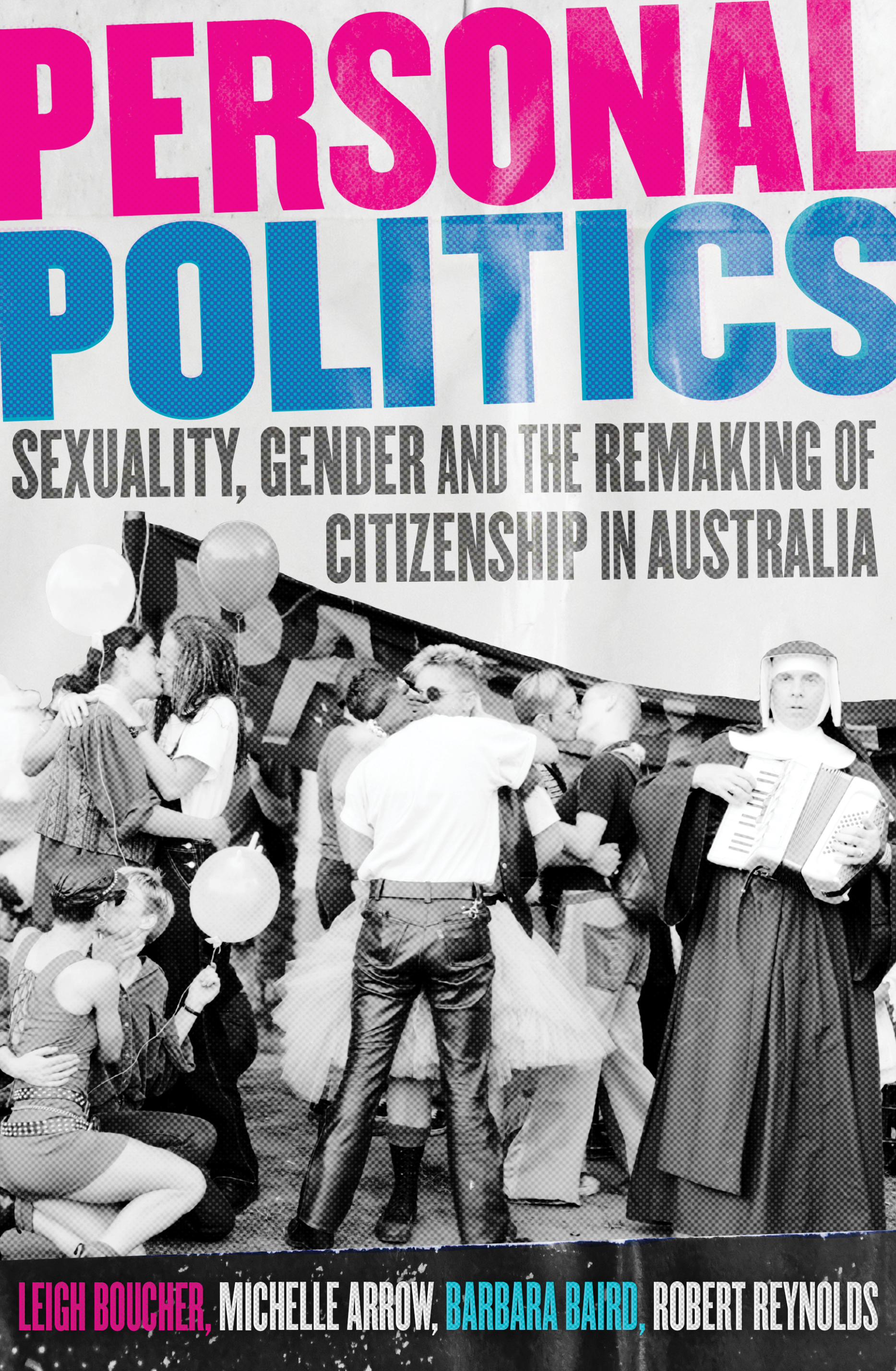Politics
The year 1939 was not so very unlike this one. The United States was being torn apart by bitter political disagreements, and the unresolved social divisions and underlying disparities that had haunted the nation from birth were increasingly laid bare. Of these, racial inequality was perhaps most shameful: African American men, women, and children were forced to live a separate existence from that of their fellow citizens, whether due to de jure segregation in the South or the no less pernicious zoning ordinances that kept black families out of middle-class neighbourhoods in the North.
... (read more)People Power: How Australian referendums are lost and won by George Williams and David Hume
People have peculiar but passionate views about referendums. A large number swear that in 1974 and 1988 the people voted against referendums on the existence of local government. To them, local government is ‘unconstitutional’, so they don’t have to pay their council rates. Members of the same cohort also proclaim that they have a constitutional right to trial by jury for state criminal offences and a right to compensation on just terms if a state compulsorily acquires their land.
... (read more)In Search of John Christian Watson: Labor’s first prime minister by Michael Easson
At various times in its history, the Australian Labor Party’s strict insistence that its parliamentarians vote along party lines or face expulsion has caused angst within the party. On the one hand, the practice means that talented party members might be lost to the ALP; on the other, party solidarity is the key to passing legislation and to maintaining cohesion. One of the early architects of Labor’s strict party discipline was J.C. Watson, who was a major figure within the labour movement between 1890 and 1916.
... (read more)History in the House: Some remarkable dons and the teaching of politics, character and statecraft by Richard Davenport-Hines
In Yes, Prime Minister, Sir Humphrey Appleby spells out the really important things in British life: Radio 3, the countryside, the law, and the universities – both of them. It is an amusing reminder that writing on higher education in the United Kingdom focuses on just a handful of institutions. In History in the House, Richard Davenport-Hines takes this approach much further – to just one discipline in a single Oxford college, Christ Church, known as ‘the House’.
... (read more)The monsoon has now settled the dust stirred up during an eventful and blisteringly hot early summer in India. From April to June, in seven stages of voting and in temperatures that in some parts reached the high forties Celsius, almost 650 million people cast their votes in the largest election ever organised. The polls and the pundits predicted another big victory for Narendra Modi and the Bharatiya Janata Party (BJP). Yet when the verdict came, it surprised most observers. The BJP, supported by its coalition partners, was returned to office with far fewer seats than expected, and with Modi’s political authority much diminished.
... (read more)Australia is experiencing a housing disaster that risks turning into a social and economic catastrophe. It is a disaster because all four aspects of the system are extremely stressed and play havoc with the lives and aspirations of millions of people. Home ownership is beyond the reach of many households, even those with two good wages coming in, let alone those with one. Rents have skyrocketed and few affordable rentals are available for ordinary working families. Housing costs are so high as to lower living standards generally. The modern history of social housing is one of deliberate government under-investment, to the point where it is available only to those on income support and with desperate needs. In our land of plenty, homelessness is among the highest in the world and visible to all – a fact reported to our national shame in the international media.
... (read more)Lessons from Our Failure to Build a Constitutional Bridge in the 2023 Referendum by Frank Brennan & The End of Settlement by Damien Freeman
It was no surprise, in the end, when the October 2023 referendum on the constitutional enshrinement of an Aboriginal and Torres Strait Islander Voice was comprehensively defeated, given the concerted opposition of the Liberal-National Coalition. The history of Australian referendums is clear: bipartisan support is a necessary precondition for constitutional change.
... (read more)It is easy to imagine book-buyers nodding with approval at the subtitle of this biography: ‘The making of a larrikin’. With ‘larrikin’ today applied to knockabout young men who are irreverent and mischievous but genuinely good-hearted, Bob Hawke seems a quintessential example. Yes, the myth goes, he used slipshod language now and then, and was quite a sight when he was in his cups, but generally Hawkie was a top bloke, a man who would call a spade a spade, a mate who could sup with princes and paupers but never forget who he was.
... (read more)Bill Hayden, the first Queensland policeman to lead a federal political party, wrote of his experiences as a constable – the violence, the squalor, the tragedy – in his autobiography, Hayden (Angus & Robertson, 1996), and concluded: ‘All of these led me to feel a great anger at the injustices some people had to bear.’ At one point, the former governor-general noted that his ‘humanist’ reaction to injustice reflected his background as the son of a father who was an illegal immigrant and a mother who suffered domestic abuse.
... (read more)Personal Politics: Sexuality, gender and the remaking of citizenship in Australia by Leigh Boucher et al.
The slogan the ‘personal is political’ is now so well-worn that it has congealed into cliché, though the notion itself can still produce a backlash if we take regular diatribes against ‘identity politics’ as a measure. In such rants, it is as though only some of us possess an identity that we mobilise around politically, whether under the LGBTQI+ umbrella, as First Nations peoples, as part of ethnic communities, or as ‘women’, the world’s largest special interest group. Given that critics of ‘identity politics’ tend to be socially conservative, the targets of their reductive invectives are presumed to lean to the left politically.
... (read more)

